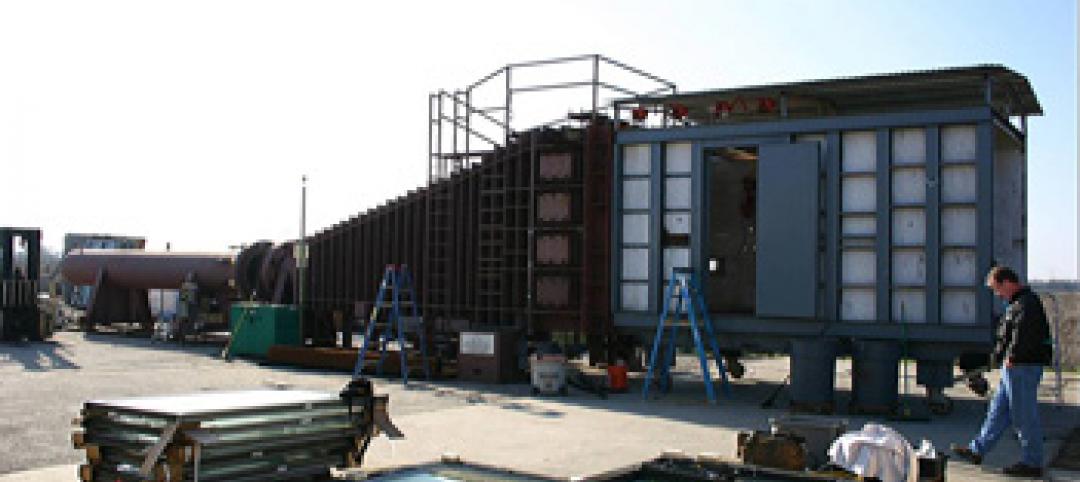A recent Supreme Court decision that substantially narrowed the Environmental Protection Agency’s authority to regulate millions of acres of wetlands is expected to open more land for development.
More than half of the nation’s wetlands could lose protection under the Clean Water Act, according to environmentalists and legal analysts. This concerns water quality advocates who fear the ruling will lead to degraded water supplies.
From a developer’s perspective, projects will have fewer regulatory hurdles to overcome, making them faster to move from conception to construction. This could make new housing developments more financially viable during a time of acute housing shortages in many areas of the U.S., they point out.
The case, Sackett v. Environmental Protection Agency, involved an Idaho couple who tried to build a house on property they’d purchased. The couple filled a soggy part of the property with sand and gravel to prepare for construction. The EPA ordered them to halt construction and return the property to its original state. The couple then sued the agency.
Related Stories
| Nov 26, 2014
Colorado must fix construction defects law, Denver Post says
Colorado's “vexing construction defects law” has hampered the building of new condominiums in the state, according to an editorial in the Denver Post.
| Nov 26, 2014
Cheyenne, Wyoming City Council kills downtown design standards proposal
The Cheyenne, Wyoming City Council voted down a measure that would have implemented design standards for new construction and building additions downtown.
| Nov 26, 2014
ASTM International develops first product category rules for asphalt roofing industry
The Asphalt Roofing Manufacturers Association (ARMA) and ASTM International have developed Product Category Rules (PCR) for asphalt roofing in North America.
| Nov 26, 2014
International Green Construction Code will include option for outcome-based approach
The outcome-based approach requires the building owner to provide the building’s utility bills for a 12-month period within three years.
| Nov 20, 2014
Pentagon is reviewing hospital construction standards
An independent review panel of military specialists met with healthcare leaders Nov. 12 to consider whether construction standards for medical centers should be strengthened to align with industry best practices.
| Nov 20, 2014
ConsensusDocs releases first standard agreement for commissioning contracting
The new standard contract provides a contractual vehicle for owners to save significant money from operation and maintenance costs regarding energy performance.
| Nov 20, 2014
Revamped zoning is transforming several New Jersey downtowns
The zoning policy shift could produce the biggest transformation of North New Jersey’s downtowns since the arrival of malls pulled shoppers away from town centers in the 1960s and 1970s.
| Nov 20, 2014
ANSI approves 2015 Wood-Frame Construction Manual standard
The American Wood Council's 2015 “Wood-Frame Construction Manual for One- and Two-Family Dwellings” (WFCM ) has been approved as an American National Standard by the American National Standards Institute (ANSI).
| Nov 17, 2014
AAMA releases new blast hazard mitigation specifications for vertical fenestration systems
This document provides a guide for manufacturers, architects/specifiers, contractors, and building owners for specifying types of systems and services to meet the requirements of blast hazard mitigation.
| Nov 17, 2014
National Roofing Contractors Assn. offers guide for LEED v4 provisions
National Roofing Contractors Association has released LEED v4: Roofing-related Provisions, a document that examines the roofing-related provisions of LEED v4.












